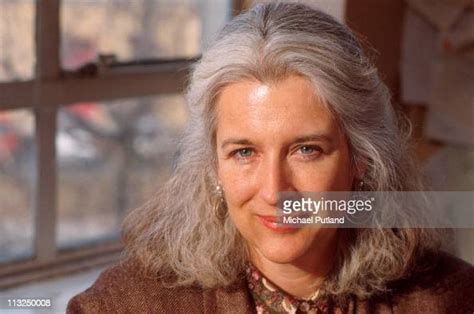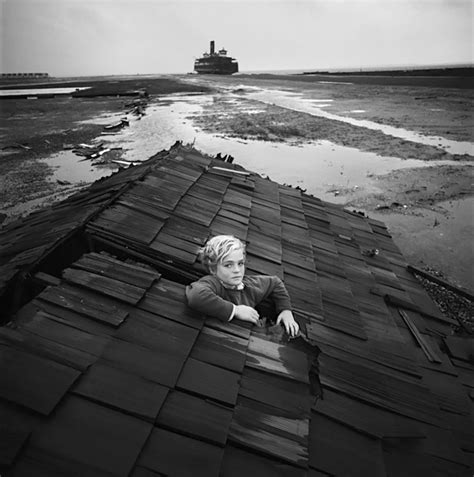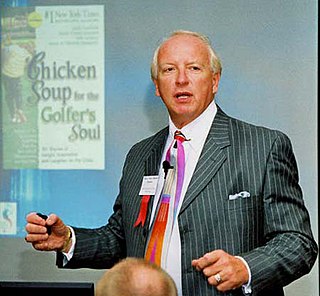A Quote by J. G. Ballard
I don't think it's possible to touch people's imagination today by aesthetic means.
Quote Topics
Related Quotes
I think as much as possible, an artist, if he has any kind of social or political concern, has to…expose as much as possible what he sees so that some people think about things that they don’t normally think about… [Art] should be something that liberates the soul, provokes the imagination and encourages people to go further.
Letting go means we stop trying to force outcomes and make people behave. It means we give up resistance to the way things are, for the moment. It means we stop trying to do the impossible-controlling that which we cannot-and instead, focus on what is possible-which usually means taking care of ourselves. And we do this in gentleness, kindness, and love, as much as possible.
Part of what we want to do with the Heroic Imagination Project is to get kids to think about what it means to be a hero. The most basic concept of a hero is socially constructed: It differs from culture to culture and changes over time. Think of Christopher Columbus. Until recently, he was a hero. Now he's a genocidal murderer! If he were alive today, he'd say, "What happened? I used to be a hero, and now people are throwing tomatoes at me!
Positive deviance means doing the right thing for sustainability, despite being surrounded by the wrong institutional structures, the wrong processes and stubbornly uncooperative people. That is what sustainability-literate leadership means today. Surrounded by evidence of rampant unsustainability it is not possible to say 'I did not know'
When objects are presented within the context of art (and until recently objects always have been used) they are as eligible for aesthetic consideration as are any objects in the world, and an aesthetic consideration of an object existing in the realm of art means that the object's existence or functioning in an art context is irrelevant to the aesthetic judgment.
And what is the great thing that the stage does? It cultivates the imagination. And . . . the imagination constitutes the great difference between human beings. . . . The imagination is the mother of pity, the mother of generosity, the mother of every possible virtue. It is by the imagination that you are enabled to put yourself in the place of another.
Henry Corbin creates the world - most of all his examination of the imagination and what the imagination was for him. Some philosophers would think of the imagination as a synthetic ability, how you put different things together. Artists more think of the imagination as creativity. So I really like the way that he presents the imagination as a faculty that allows one to experience worlds that are not exactly physical but are real nonetheless.






































